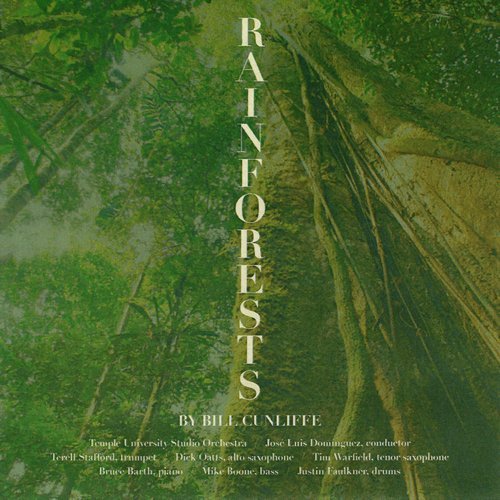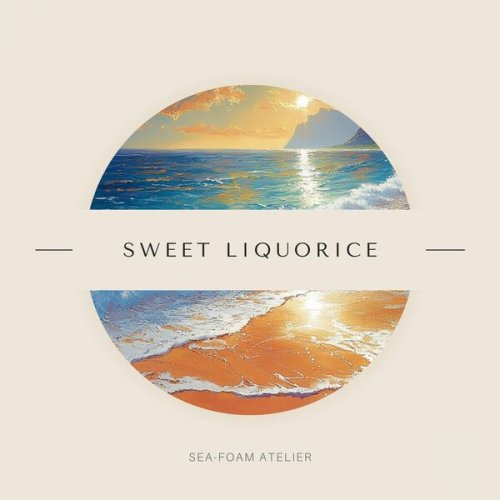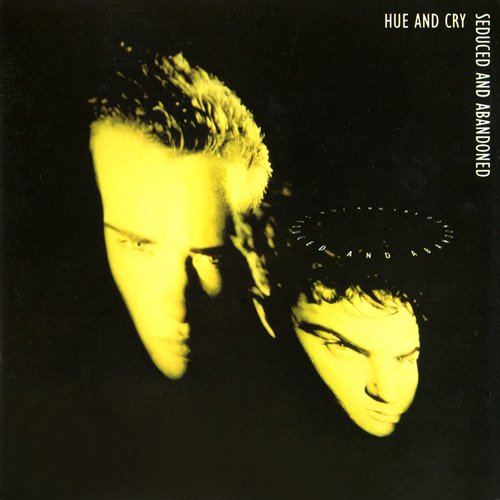Dominique Pifarély - Time Before And Time After (2015) [Hi-Res]
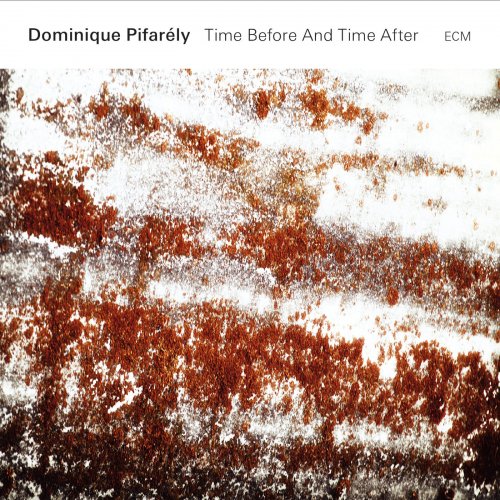
Artist: Dominique Pifarély
Title: Time Before And Time After
Year Of Release: 2015
Label: ECM
Genre: Jazz
Quality: FLAC (tracks) / 24bit-88.2kHz FLAC (tracks+booklet)
Total Time: 63:13
Total Size: 297 MB / 1.08 GB
WebSite: Album Preview
Tracklist:Title: Time Before And Time After
Year Of Release: 2015
Label: ECM
Genre: Jazz
Quality: FLAC (tracks) / 24bit-88.2kHz FLAC (tracks+booklet)
Total Time: 63:13
Total Size: 297 MB / 1.08 GB
WebSite: Album Preview
1. Sur terre (Live At Cave Dimière, Argenteuil / 2013) (7:34)
2. Meu Ser Elástico (Live At Auditorium Saint-Germain, Poitiers / 2012) (5:55)
3. L'air soudain (Live At Auditorium Saint-Germain, Poitiers / 2012) (7:28)
4. D'une main distraite (Live At Cave Dimière, Argenteuil / 2013) (6:50)
5. Avant le regard (Live At Cave Dimière, Argenteuil / 2013) (8:39)
6. Gegenlicht (Live At Auditorium Saint-Germain, Poitiers / 2012) (11:11)
7. Violín Y Otras Cuestiones (Live At Auditorium Saint-Germain, Poitiers / 2012) (8:08)
8. L'oubli (Live At Auditorium Saint-Germain, Poitiers / 2012) (3:27)
9. My Foolish Heart (Live At Cave Dimière, Argenteuil / 2013) (4:01)
French violinist Dominique Pifarély – last heard on ECM a decade ago on Stefano Battaglia’s Re: Pasolini – returns to the label with an outstanding solo violin recital, drawn from performances at the Auditorium Saint-Germain in Poitiers and Cave Dimière in Argenteuil. The music is totally improvised – apart from a free interpretation of the jazz standard “My Foolish Heart” by Victor Young – and it roves through a range of moods and atmospheres, textures and tone colours, dynamically and unpredictably.
“Playing solo is exciting for me,” says Dominque. “It’s like a very personal workshop. More than in any other configuration it is in the solo playing that I work on and develop my improvisational language – the grammar, the style and the shape of the music.”
Solo performance has been a major part of Pifarély’s work in recent years. “It was important to me to document the music in a live context. To be able to play with this kind of intensity I find I need the audience, the feeling of having someone to address the music to. There is a certain rapport that develops, based on shared listening.”
Pifarély says that he allows himself to think “only ten or twenty seconds before a performance” of how he will begin an improvised set, to keep the edge of discovery in the music. “So it’s as spontaneous as I can make it. At the same time, of course, the instrumental techniques used are things I have practised. But the form is not prepared – each piece is invented or discovered in real time.”
Amid the abstract playing, and the obvious deep involvement with the play of sounds and extended techniques, messages from the deep musical past emerge, sometimes including hints of the baroque. Does Pifarély feel the weight of solo violin history bearing down on him at such moments? “Well, I feel it, but it’s not a weight! It’s a musical richness which I try not to forget. And it’s very useful in this music, this improvised music which is more or less related to jazz – in quite what proportion I’m not sure. Maybe the way I play solo violin can be considered ‘orchestral’ in a sense. I’m thinking about the violin as a small orchestra and I have to pay attention to every detail. And of course Bach is in the air because Bach is polyphonic, and the violin is polyphonic.”
Of My Foolish Heart, which concludes the recital, Dominique says, “I usually like to include a standard in my solo performances, also to assert the autonomy of the violin. Conventionally in jazz we violinists are supposed to need a piano or guitar or a double bass, something to support the harmonies. And of course, Bach told us a long time ago that we really don’t.”
Time Before And Time After borrows its generic title from TS Eliot’s poem “Burnt Norton”, and the individual tracks are also named for poets and poetry, with dedications to Mahmoud Darwish, Fernando Pessoa, André du Bouchet, Henri Michaux, Paul Celan, Juan Gelman, and Bernard Noël. The literary references are, however, afterthoughts. “I’m a big reader of poetry and my idea was that the album could resemble a collection of poems. For me the gesture of improvisation and the gesture of poetry are quite close. After the recordings were made, I thought about relating a particular piece to this or that poet, and used a few words from each as titles for the improvisations.”
Dominique Pifarély, violin
“Playing solo is exciting for me,” says Dominque. “It’s like a very personal workshop. More than in any other configuration it is in the solo playing that I work on and develop my improvisational language – the grammar, the style and the shape of the music.”
Solo performance has been a major part of Pifarély’s work in recent years. “It was important to me to document the music in a live context. To be able to play with this kind of intensity I find I need the audience, the feeling of having someone to address the music to. There is a certain rapport that develops, based on shared listening.”
Pifarély says that he allows himself to think “only ten or twenty seconds before a performance” of how he will begin an improvised set, to keep the edge of discovery in the music. “So it’s as spontaneous as I can make it. At the same time, of course, the instrumental techniques used are things I have practised. But the form is not prepared – each piece is invented or discovered in real time.”
Amid the abstract playing, and the obvious deep involvement with the play of sounds and extended techniques, messages from the deep musical past emerge, sometimes including hints of the baroque. Does Pifarély feel the weight of solo violin history bearing down on him at such moments? “Well, I feel it, but it’s not a weight! It’s a musical richness which I try not to forget. And it’s very useful in this music, this improvised music which is more or less related to jazz – in quite what proportion I’m not sure. Maybe the way I play solo violin can be considered ‘orchestral’ in a sense. I’m thinking about the violin as a small orchestra and I have to pay attention to every detail. And of course Bach is in the air because Bach is polyphonic, and the violin is polyphonic.”
Of My Foolish Heart, which concludes the recital, Dominique says, “I usually like to include a standard in my solo performances, also to assert the autonomy of the violin. Conventionally in jazz we violinists are supposed to need a piano or guitar or a double bass, something to support the harmonies. And of course, Bach told us a long time ago that we really don’t.”
Time Before And Time After borrows its generic title from TS Eliot’s poem “Burnt Norton”, and the individual tracks are also named for poets and poetry, with dedications to Mahmoud Darwish, Fernando Pessoa, André du Bouchet, Henri Michaux, Paul Celan, Juan Gelman, and Bernard Noël. The literary references are, however, afterthoughts. “I’m a big reader of poetry and my idea was that the album could resemble a collection of poems. For me the gesture of improvisation and the gesture of poetry are quite close. After the recordings were made, I thought about relating a particular piece to this or that poet, and used a few words from each as titles for the improvisations.”
Dominique Pifarély, violin
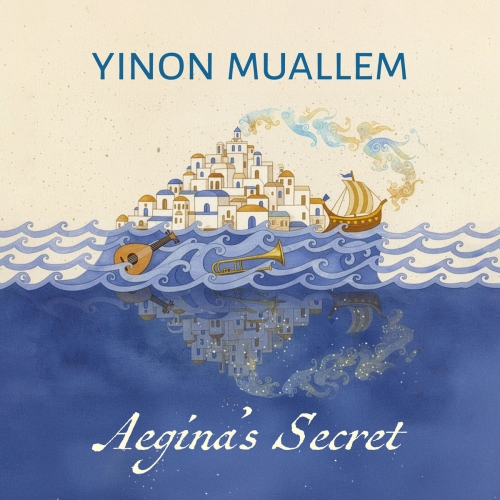
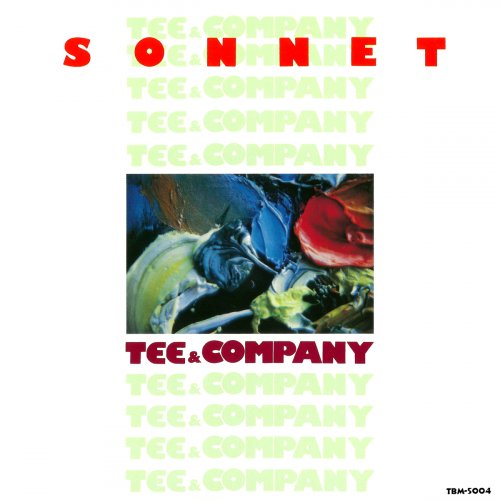
![Sababa 5 - Ça va Ça va (2026) [Hi-Res] Sababa 5 - Ça va Ça va (2026) [Hi-Res]](https://img.israbox.com/img/2026-02/19/fjh6s1r25i49g9yulzp8ivi4c.jpg)

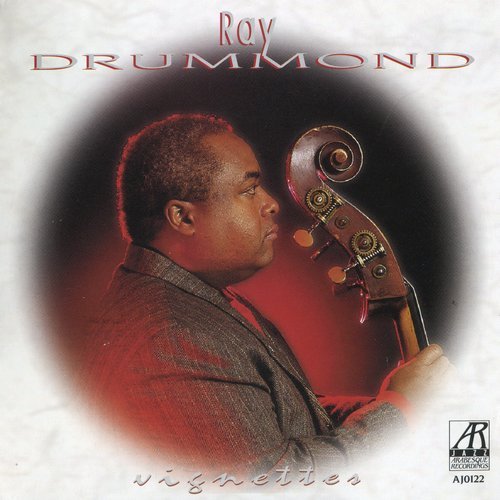
![Gonzalo Mazzutti - Lo que nos une (2026) [Hi-Res] Gonzalo Mazzutti - Lo que nos une (2026) [Hi-Res]](https://www.dibpic.com/uploads/posts/2026-02/1771563491_cover.jpg)
